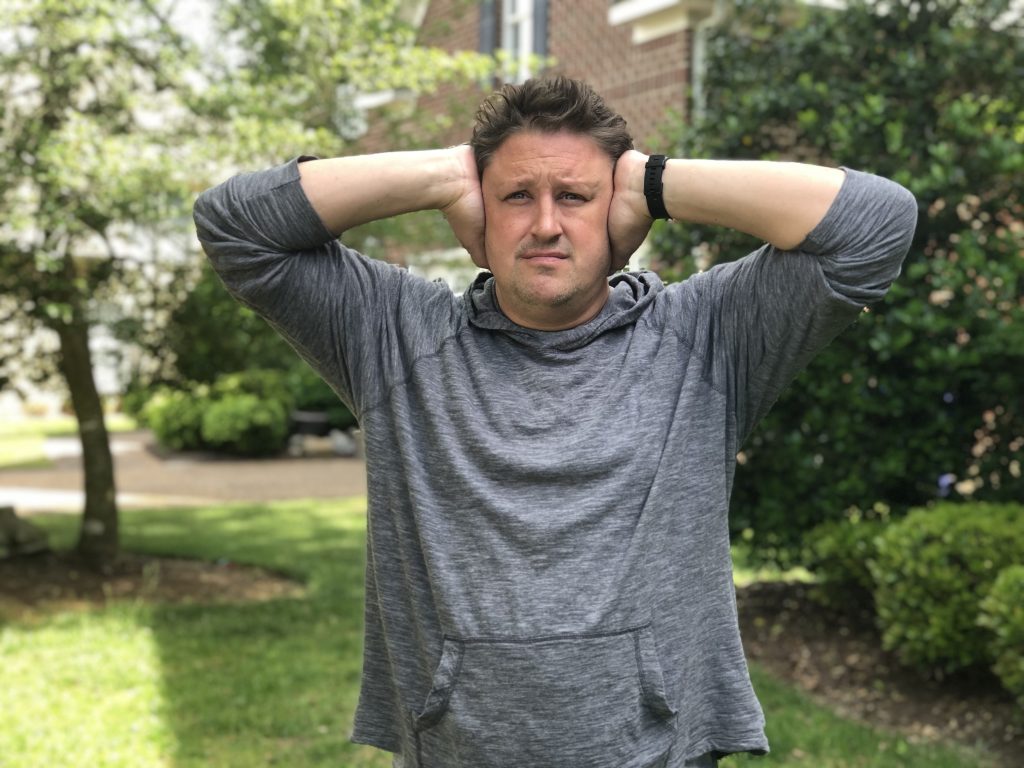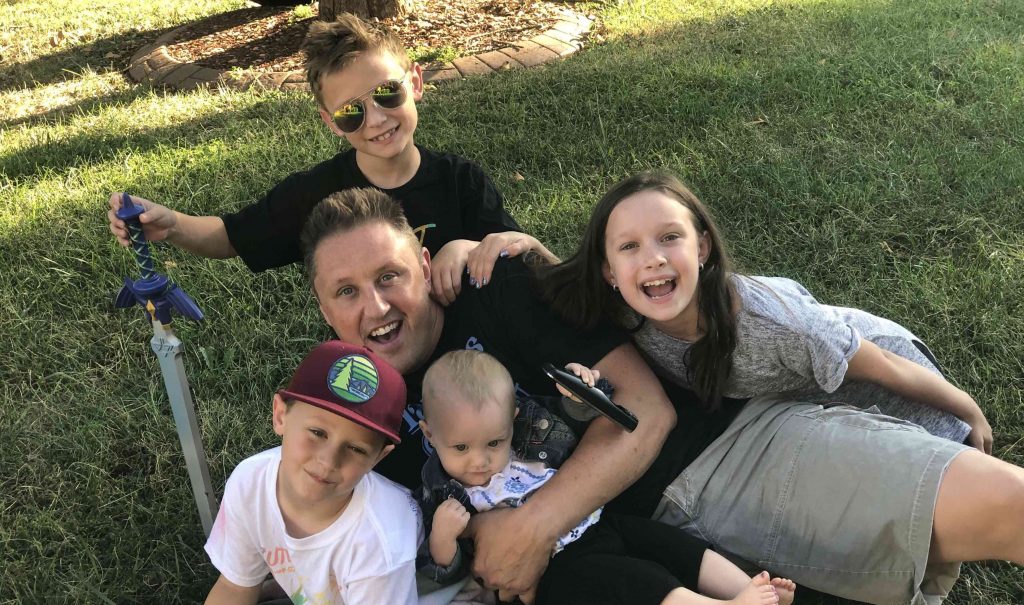As you cross the threshold into your 40s, it’s inevitable that you begin to see friends and family disappear. I’m not talking about the fact that they may have moved away or found a new social network to vibe with. While both of those are valid excuses, I’m talking about the word that, if anyone mentions it at all – it’s at a whisper. In the last few months, I’ve had a handful of those close to me become affected by cancer. In fact, just last week the world lost a beautiful soul named Trisha, with whom I went to high school with. She lost her battle with stage 3b non-small cell lung cancer (as a non-smoker) which had metastasized to her bones. After her diagnosis, she spent her time as a motivational speaker, sharing her journey and positivity with the world. She reached countless individuals and, no doubt, provided strength and words of encouragement to many.
These days, I’m watching a few close friends and friends of our family endure chemotherapy treatments. I’m also watching them battle illnesses in between those treatments due to a compromised immune system. Some of them are married and have young children waiting in the balance. The entire situation makes me feel helpless and heartbroken. In most instances, I’m hundreds if not thousands of miles away, so I do my best to reach out, engage with their struggle on social media and donate if there’s a platform or cause that’s available.
I know that this topic is difficult to talk about and I’ve confided in my wife recently how much respect and admiration I have for my friends who have shared their journey online. I know that it’s not for everyone, but I think it helps those who are also suffering. It helps to know that they’re not alone and also helps us to understand how we can be there in support of their recovery.

One of the most important things to remember is that, while treatments are ongoing, aside from your close network of family and friends, you’ve more than likely also got a care team in place. This team will have explicit knowledge about common side effects of treatment, how long they might last, how severe they could be and when to call for help.
In some instances, the healthcare provider may prescribe medications the help prevent or lessen the side effects. Better control of these side effects can help cancer treatment go more smoothly. It’s important to share ANY information (even if some side effects are rare and not necessarily mentioned in general treatment conversation) with the oncology team. The patient shouldn’t make medical judgments as to whether they are or aren’t significant.
There are a few ways to best track symptoms and side effects of treatment. These side effects worksheets, a pain diary and a list of medicines from the American Cancer Society are a great start. The worksheets will allow you to note side effects of surgery, chemotherapy or radiation. You can use a scale of 1-5 to indicate how severe they are – this should be done daily. A pain diary also includes a pain rating, as well as an opportunity to note where you’re feeling it, what it feels like and what might make it better or worse. A list of medicines allows you to track meds, vitamins and supplements. One thing to keep in mind is that you shouldn’t take ANY additional vitamins/supplements without your doctor’s approval – even if they’re OTC (over the counter).
If you’re a patient, a family member or friend – one of the most frequently asked questions is – when do I reach out to the care team about potential side effects? While some can be easily managed, others may need medical attention, including:
- A fever of 100.5 degrees or higher
- Difficulty breathing
- Increased pain
- Trouble swallowing
- Confusion
- Uncontrollable diarrhea
- Swelling in the legs or arms
- Bleeding
As I continue to invest myself in the ongoing treatments of my friends who are going through this, education and knowledge seems to be of paramount importance. If you have questions about post-care distress or managing symptoms that might be of concern, I implore you to speak with your healthcare professionals.
Med-IQ is conducting a survey and would appreciate your input. The survey, which includes additional education on this topic, will take less than 15 minutes to complete. Survey responses are anonymous and will be shared only in aggregate.
Your responses to these survey questions will provide Med-IQ with important information about your experiences with cancer symptoms, treatment-related side effects, and your care team, which will help us develop future educational initiatives for healthcare providers to improve care.
Once you’ve completed the survey, you will be asked to provide your email address if you’d like to be entered into a drawing administered by SOMA Strategies to win 1 of 5 $100 VISA gift cards. If you choose to enter, your email address will not be sold, kept, or stored; email addresses are used only to randomly draw the winners and notify them of their prize. Take the survey HERE.
EDITOR’S NOTE: This is a sponsored post on behalf of MED-IQ and I was compensated by Med-IQ through educational grants from AbbVie, Astellas, and Genentech to write about communicating symptoms and treatment side effects with the healthcare team. All opinions are my own. For more information about getting help and support for yourself or anyone close to you that’s been diagnosed with cancer, please visit cancersupportcommunity.org.
Links to external sites are provided as a convenience and for informational purposes only. They are not intended and should not be construed as legal or medical advice; nor are they endorsements of any organization. Med-IQ bears no responsibility for the accuracy, legality, or content of any external site. Contact the external site for answers to questions regarding its content.
Med-IQ is an accredited medical education company that provides an exceptional educational experience for physicians, nurses, pharmacists, and other healthcare professionals.




Leave a Reply